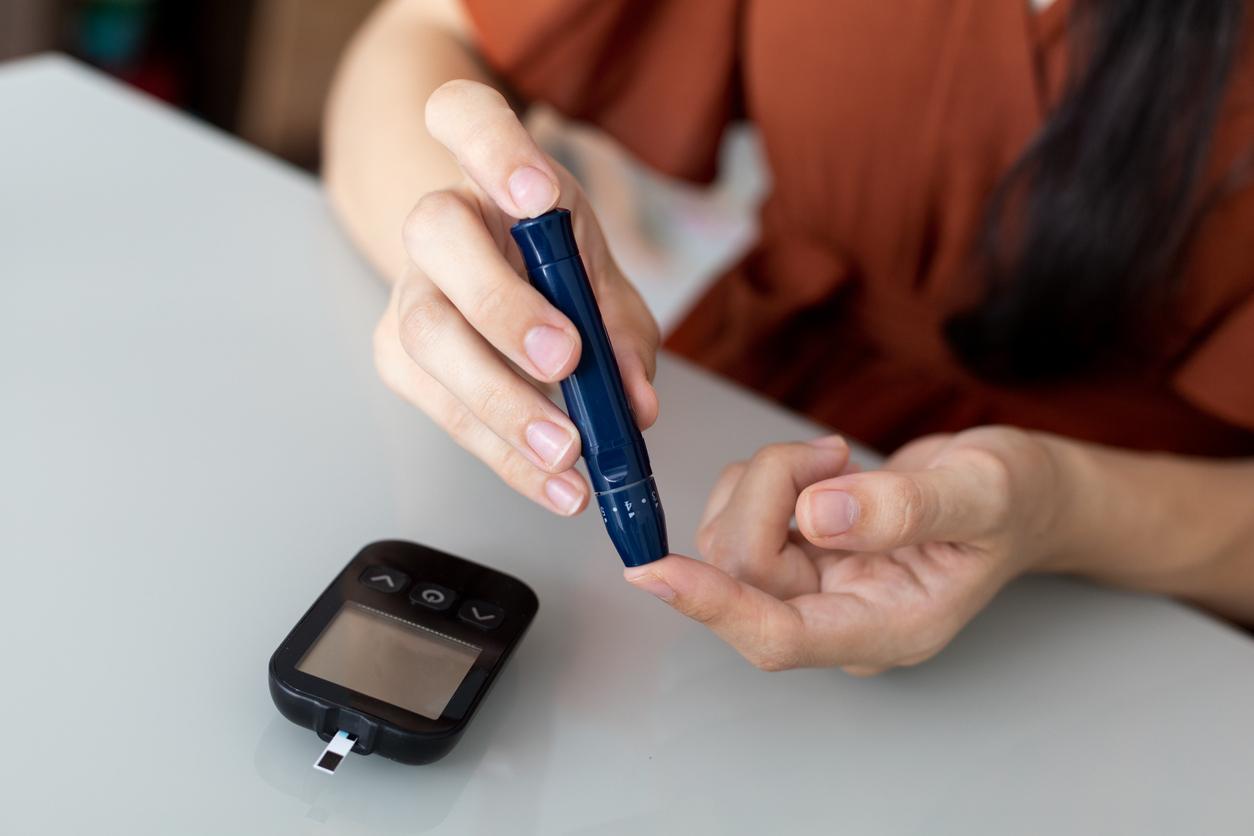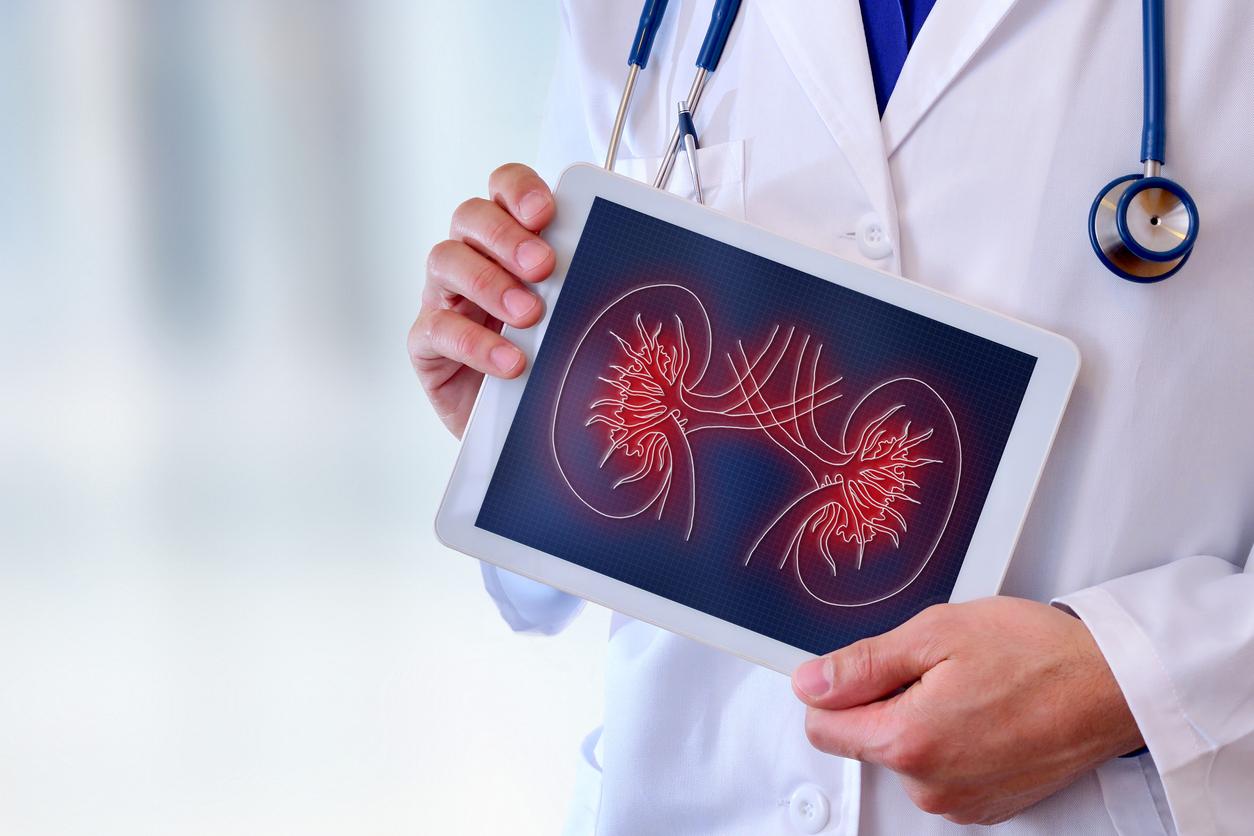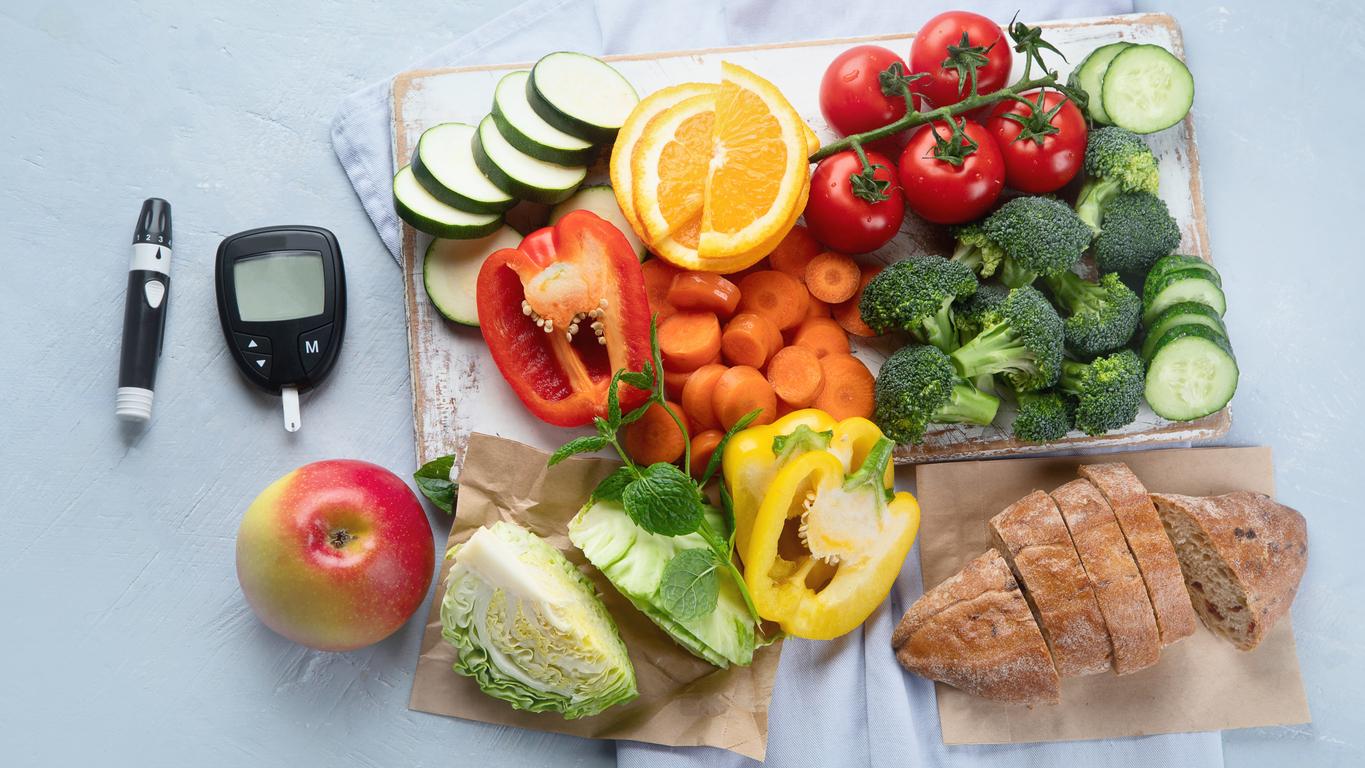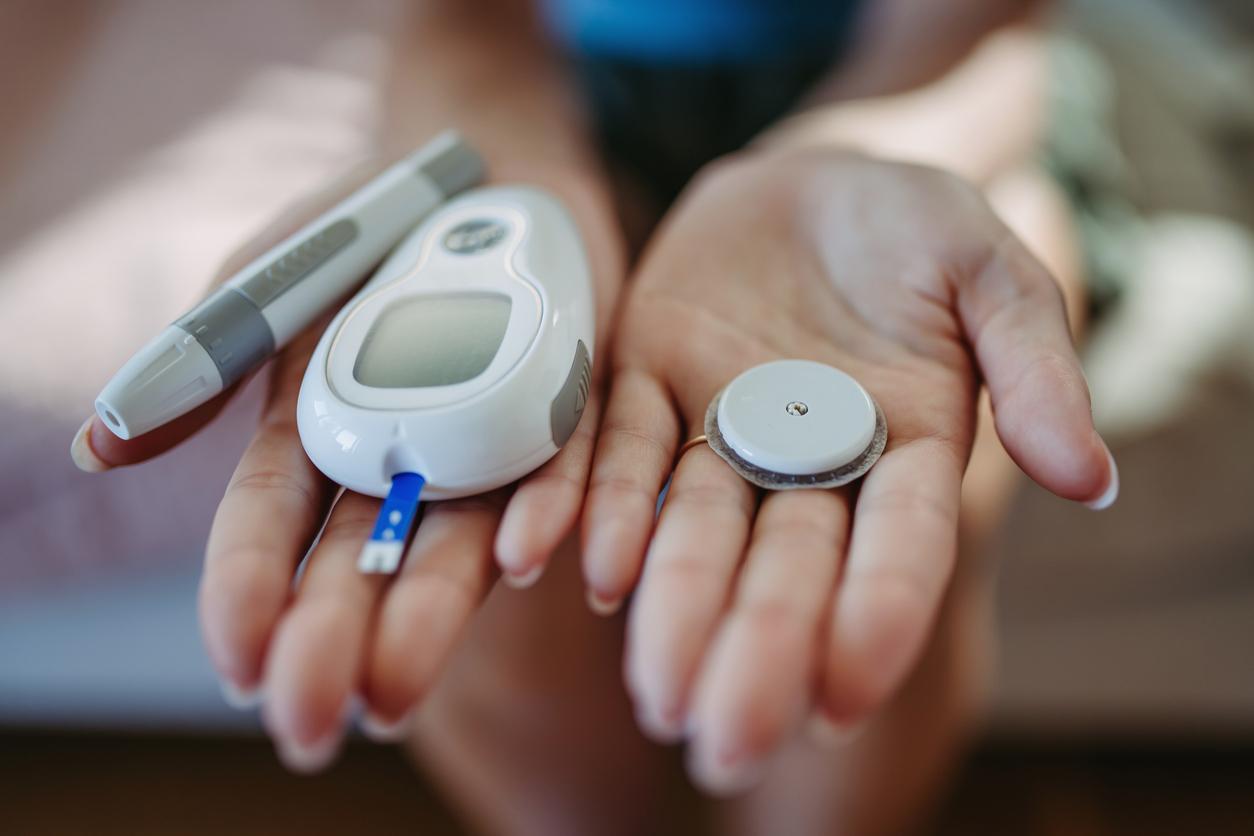
Diabetes, then you have to inject, right?
If you have type 2 diabetes, you don’t always have to inject insulin right away. Medicines are often sufficient. By eating healthier and exercising more, some diabetics don’t even have to take pills at all.
When Frits van der Pluijm (59) heard in 1992 that he had type 2 diabetes (‘sugar of old age’), he simply continued what he was doing: tasty and plenty of food. “For example, at my two cooking clubs. After fourteen years I was on the maximum dose of the tablets and I was faced with the choice: on the insulin or live differently.
Only then was I motivated to eat more responsibly. By using flavorful ingredients, such as organic vegetables and fresh herbs, and by frying meat in just one teaspoon of oil, for example, I can now make a three-course meal that is low in calories and yet feels full. I am thirty kilos lighter, while I still enjoy the food intensely like a real Burgundian. I’m still not on insulin.”
Contrary to what many people think, not all diabetes patients need to inject insulin. Many people can tolerate taking pills. Some even have enough of a ‘healthier life’. Anyone who knows he has diabetes should take measures to normalize the disturbed glucose metabolism.
In a healthy situation, the hormone insulin ensures that our liver offers the right amount of glucose to the blood and that muscle and fat cells absorb glucose from the blood. In type 2 diabetes, the cells of the liver and the muscle and fat cells respond less well to insulin, and less insulin is made by the pancreas. This creates a much too high concentration of glucose in the blood. A small proportion of patients suffer from type 1 diabetes. Their bodies do not produce any insulin at all. They are therefore dependent on insulin injections. Its cause is not exactly known.
The effect of healthy living
Every year, more than 72,000 people are diagnosed with diabetes and that number is growing faster and faster. This is partly due to the continued aging of the population. Every year, fifteen in every thousand people aged sixty and older are diagnosed with diabetes. Under the age of fifty, there are only five per year.
Another cause for this growth is our own growth: we are getting fatter. Overweight people often have a disturbed metabolism. This disturbance is often accompanied by high cholesterol levels and high blood pressure. You don’t feel it at first. Being overweight can also contribute to the development of diabetes. That is possible, it is not necessary. If you start living healthier in time, the risk of diabetes decreases.
By eating more consciously, exercising more and losing weight, the metabolism can normalize. In some people who have had diabetes for a very long time, the symptoms of diabetes may even disappear completely if they start living a healthier life and lose excess pounds.
Joke van der Kraats (67) found that treatment is not even necessary. “Because I have high blood pressure and my cholesterol is too high, the doctor measures my glucose level every year. It had been a bit too high for a few years and eventually I was told that I really had type 2 diabetes.
My GP knew that I sometimes went cycling and walking, and had already advised me to exercise more. He advised me to go to the gym, where they give special classes for people with diabetes. I go there twice a week now. I cycle, row, walk on the tire and do floor exercises. I feel much better by exercising regularly. And the best part is: I still don’t have to take any medication.”
Preventing backlog
In 2003, more than 600,000 Dutch people knew that they have diabetes; 15% of them have type 1, the RIVM calculated, which will soon come up with more recent figures. But in addition, an estimated 250,000 people do not know that they suffer from either form of diabetes. The longer diabetes is left untreated, the greater the chance of early complications of the disease, such as damage to the heart and blood vessels, eyes, feet or kidneys. Patients can do a lot themselves to reduce the risk of this; those who do not know that they have diabetes are therefore ‘at a disadvantage’ in this regard.
One of them was Paul Jongerius (55). He knew that because of his overweight he has an increased risk of the disease; he works for the Dutch Diabetes Association. But the characteristic first symptoms (always thirsty, frequent urination and often tired) did not bother him. “I drank a lot of water and diet soda, but I did it because I wanted to lose weight. Maybe that’s why I didn’t notice that I was often thirsty. In my case the disease came to light because of eye complaints.
One morning I woke up and I could still look straight ahead, but I couldn’t see what was happening next to me. The doctor sent me to the hospital and it turned out that a vessel has clogged in the eye.” The cause was type 2 diabetes. Paul’s doctors can’t say how long he’s had it. “It could have been worse. My eye won’t get better, but now that I’m taking diabetes tablets, it doesn’t have to get worse.”
New medicines
A healthier lifestyle can lower the glucose value, but if this is not done or insufficiently, tablets can take care of this. There are different types of drugs, each of which works in a different way.
- Metformin. If type 2 diabetes has been diagnosed, the doctor will first prescribe this medicine. In particular, it makes the liver more sensitive to insulin, so that it will release less glucose into the blood. If this does not (any longer) have the desired effect, or is not tolerated, there are other means. For instance:
- Sulfonylurea, such as tolbutamide or gliclazide. These stimulate the pancreas to make more insulin. For those who do not respond well to this, there are newer glucose-lowering tablets, such as:
- glita zones. These make body cells more sensitive to the action of insulin. As a result, thanks to the insulin that the body still produces itself, the cells absorb more glucose from the blood, so that the concentration of glucose in the blood decreases.
- DPP-4 inhibitors have recently become available. They make the cells in the pancreas more sensitive to glucose and therefore ensure that more insulin is produced when it is needed.
Only when treatment with tablets no longer leads to the desired reduction in blood sugar will the doctor prescribe insulin and people with diabetes must give themselves injections.
Sources):
- Plus Magazine

















